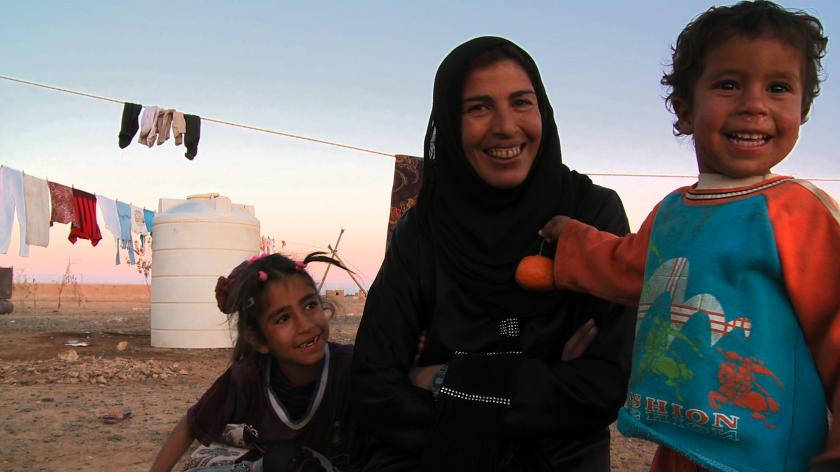
Assistant Professor Jana Diesner has received a $150,000 grant from the Ford Foundation to develop, evaluate, and apply a computational solution for measuring the impact of social justice documentaries.
For the grant, “Impact Assessment of Social Justice Documentaries,” Diesner is supported by JustFilms, a division of the Ford Foundation that supports documentary filmmakers, particularly those that address issues of social justice. Diesner, the principal investigator on the grant, was approached by Ford to help them understand the broader impact of such media productions.
 “Documentaries are produced, screened, and
perceived as part of large and dynamic ecosystems that involve multiple
stakeholders and agendas. Our goal with this project is to model and analyze
these ecosystems in an empirical, comprehensive, and reliable fashion.” Diesner
said. “We are developing a methodology and technology for capturing and
analyzing the lifecycle of those productions from the very beginning when filmmakers
start to develop and research ideas to production, release, and reaction.”
“Documentaries are produced, screened, and
perceived as part of large and dynamic ecosystems that involve multiple
stakeholders and agendas. Our goal with this project is to model and analyze
these ecosystems in an empirical, comprehensive, and reliable fashion.” Diesner
said. “We are developing a methodology and technology for capturing and
analyzing the lifecycle of those productions from the very beginning when filmmakers
start to develop and research ideas to production, release, and reaction.”
“The broader question is, what is the impact of documentaries on the knowledge and behavior of individuals, communities, and society, and how can we assess that?” Diesner said. “This is a hard scientific question because we need to go beyond measuring the return of investment of a media project in terms of the number of tickets sold or people who visited a webpage.” By utilizing multiple types of empirical data and bringing together theories, models, and methods from social science, network analysis, natural language processing, and machine learning, Diesner and her team aim to produce a robust, scalable, and systematic assessment methodology. The results and technology from this project will be made available to the public, including a set of training materials that will help users with no technical backgrounds do their own assessment work.
GSLIS doctoral students Jinseok Kim and Shameem Ahmed and Informatics doctoral student Sean Wilner will work with Diesner on this year-long project. The team will study the impact of a handful of current documentaries that address different aspects of social justice, including women and girls, race, education, and poverty. Through her partnership with Ford, Diesner will have the opportunity to work closely with filmmakers, producers, and those involved with local community engagement related to the films.
Diesner sees the project as a demonstration of the broad scope of research in GSLIS. “This project allows us to be part of a larger, current, real-world initiative, and to bring our advanced expertise in socio-technical data analytics to the table. I am thrilled to contribute to the Ford Foundation’s mission to ‘advance social justice worldwide’ with our scientific work and to ‘work with visionaries on the frontlines of social change’ ” she said.